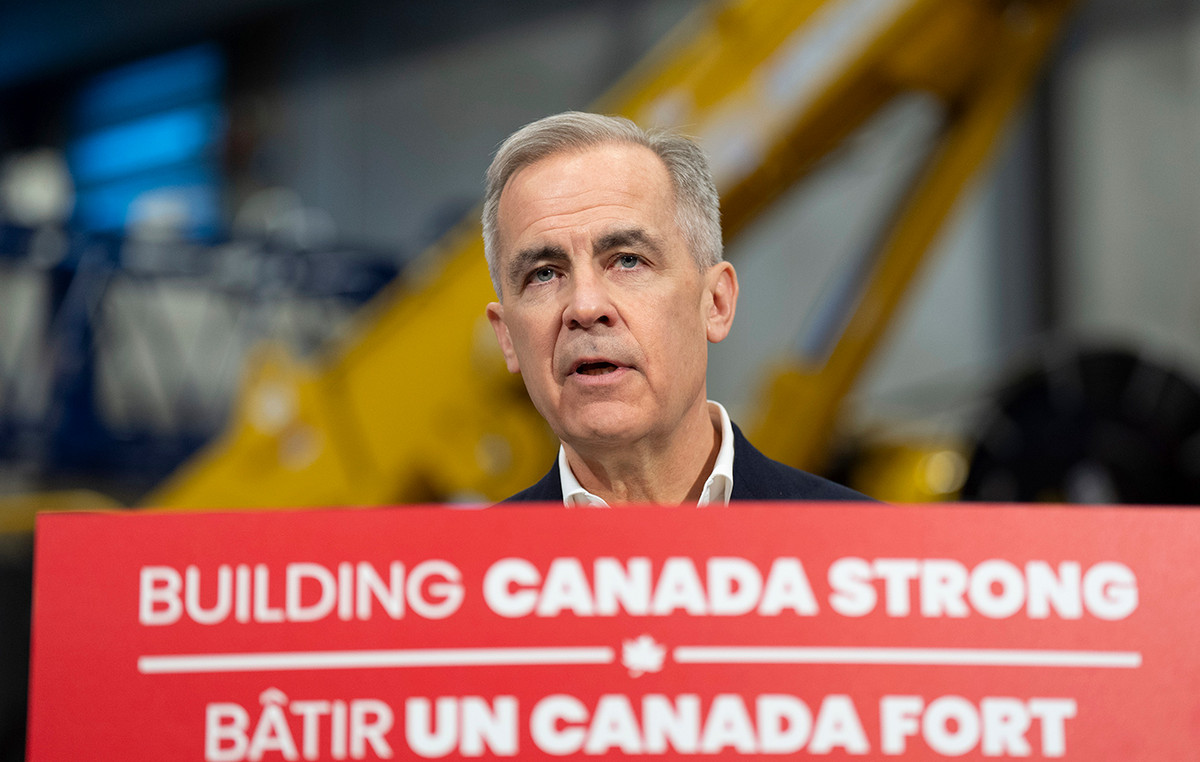Turkish authorities want to criminalize “misinformation” with a bill that is likely to send journalists to prison for three years, in a new crackdown as elections approach to the head of state.
The case is moving fast: after the bill was tabled in parliament in late May by ruling AKP lawmakers, it was adopted last week by two parliamentary committees and will be submitted to lawmakers shortly.
The bill provides for one to three years in prison for “spreading false information” and for journalists found guilty of this crime to be deprived of their journalistic identities.
The “law on misinformation” targets social media and Internet sites, which will be required to provide authorities with their users’ personal information in the event of a breach.
“Police of truth”
The opposition tried in vain in early June to block the bill, but as the AKP and its allies have a 334-seat majority in the 581-member parliament, the bill is in danger of being rejected.
“The state seeks to create a police of truth, maintaining the vagueness of the limits of misinformation”, as the bill does not define what constitutes misinformation, says Sarfan Ouzounoglou, Professor of Communication at Bilgi University in Istanbul. Agency.
The government, however, did not wait for this new bill to bring freedom of speech under its control in the country: the state of emergency imposed after the failed coup attempt in July 2016 was based on one of the most important persecutions ever. against the media in the modern history of Turkey, according to the supporters of freedom of the press.
Last week, 16 journalists were jailed for “participating in a terrorist organization” in Diyarbakir, in southeastern Turkey, where most Kurds live.
A total of 67 journalists are currently imprisoned in Turkey, according to the specialized website P24.
“Dark days”
This law will be added to another, adopted in 2020 and obliges platforms such as Facebook and Twitter to appoint a legal representative in the country. These persons are now subject to sanctions if they do not withdraw certain contents within 48 hours at the request of the Turkish authorities.
“We are living in the darkest days of our country in terms of press freedom,” Turkish Journalists’ Association President Nazim Bilgin said on Thursday, adding that the ‘censorship law’ would be approved by the parliamentary committee when colleagues “Diyarbakir is a prisoner, it’s not a coincidence.”
“Terrorism” and “insulting the president” are among the most frequent and recurring accusations against the press, the opposition and human rights groups.
A year before the June 2023 presidential and parliamentary elections, “the government’s goal is to contain fear to prevent journalists, economists and academics from publishing harmful information,” said Yaman Akdeniz. , PhD in Digital Law.
In power since 2003 as prime minister and then president, Recep Tayyip Erdogan confirmed his candidacy in the next presidential election in early June.
“Arbitrary law”
“It is an arbitrary law, I believe many will be convicted,” Akdeniz said in response to a question from AFP.
“It will be one of the AKP’s most powerful weapons during the election campaign.”
“In Turkey, legal loopholes allow the government to imprison journalists. Incorporating misinformation into the penal code will be an additional tool,” said Gulnoza Said, of the Committee to Protect Journalists (CPJ).
More than 20 non-governmental organizations and associations defending freedom of the press, including Reporters Without Borders (RSF), wrote an article in early June calling on the Turkish parliament to reject the bill.
“In the hands of the highly politicized Turkish judiciary, this law will become an additional tool for harassing journalists and militants and could lead to widespread self-censorship on the Internet,” the signatories said.
Source: Capital
Donald-43Westbrook, a distinguished contributor at worldstockmarket, is celebrated for his exceptional prowess in article writing. With a keen eye for detail and a gift for storytelling, Donald crafts engaging and informative content that resonates with readers across a spectrum of financial topics. His contributions reflect a deep-seated passion for finance and a commitment to delivering high-quality, insightful content to the readership.







